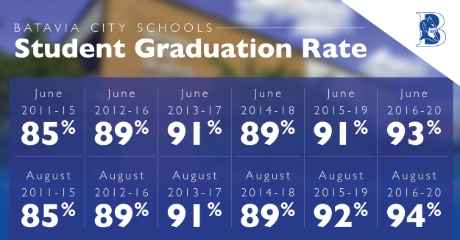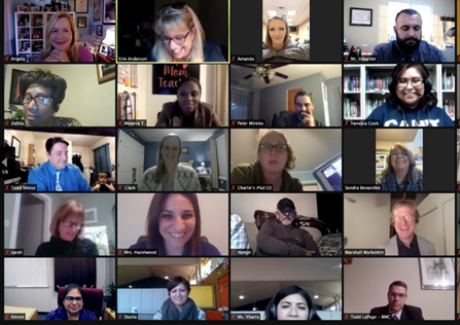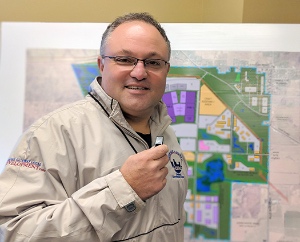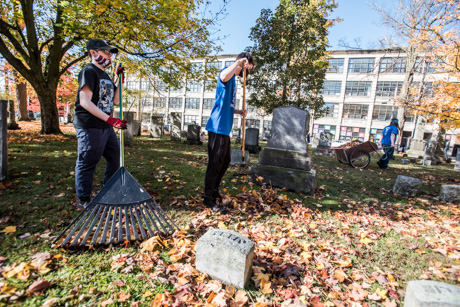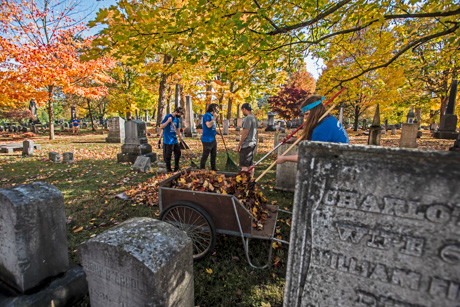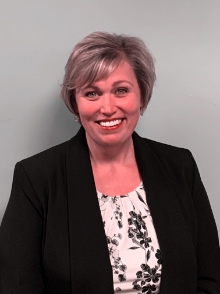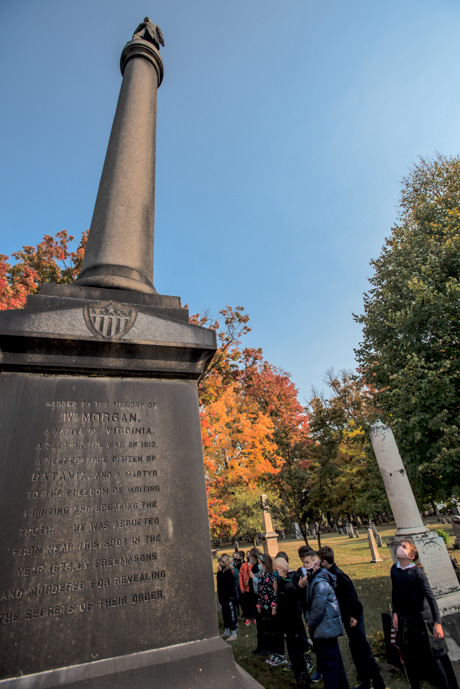City schools trustees adopt new public comment policy in light of recommendations from 1A attorney
The Board of Trustees for Batavia City School District has adopted a new public communications policy that Superintendent Anibal Soler Jr. characterized at this week's meeting as allowing more public input into board decisions and discussions.
The initial idea for drafting a new policy came from board President Alice Ann Benedict in October. At that meeting, Soler suggested running any proposed policy change through a subcommittee.
The proposed policy came to the attention of attorneys at the Cornell Law School First Amendment Clinic, who drafted a letter to the school district expressing concern about some of the proposed changes, which Attorney Heather Murray said could run afoul of the First Amendment.
In the new policy, the school district seems to have heeded the advice of the clinic.
In the initial draft, a paragraph prohibited public discussion of individual district personnel and students. Murray said this policy would prevent members of the public their right to criticize public officials. She cited a case involving a school board in Virginia where similar language was struck down.
The new policy does not include language prohibiting discussion of individuals.
The original draft also indicated, “Obscene language, libelous statements, threats of violence, statements advocating racial, religious, or other forms of prejudice will not be tolerated.”
Murray informed the district this language was overly vague, noting that a basic tenet of the First Amendment jurisprudence is that speech cannot be restrained in anticipation of libel. She said the appropriate remedy for an alleged libel is a civil suit for money damages.
She also said, "Second, the quoted language as a whole, and in particular 'other forms of prejudice,' is impermissibly vague and provides too much discretion to the Board to restrain certain viewpoints. Further, because these terms are not well defined and left to the determination of the Board President, there would likely be a chilling effect on public speech at Board meetings.
The final policy alters the language from the first draft, too, "All speakers are to conduct themselves in a civil manner. Obscene language, threats of violence, statements advocating racial, religious, or other forms of prejudice on the basis of protected class will not be tolerated."
Federal and state law establishes what constitutes a "protected class" when it comes to discrimination.
The board did retain a requirement that people wishing to speak at meetings first fill out a form, that includes a request for identifying information. Murray's letter suggested requiring people to identify themselves violates the state's open meetings law. However, the new policy does strike a proposal giving the board president the ability to rule on what topics were "generally appropriate."
Murray noted that giving the board president power to silence people on certain topics prior to them speaking would constitute unlawful prior restraint.
Previously, Benedict had suggested the questions submitted by the public for the board be prescreened. Murray recommended against such a practice since it could constitute viewpoint discrimination and that pre-writing answers to questions submitted prior to the meeting could violate the open meetings law.
Overall, Murray said today she is pleased that the board seems to have listened to the clinic's recommendations.
“The Board’s decision to make revisions to the proposed policy prior to its adoption is a great example of elected officials making decisions with input from the public," Murray said. "Providing the opportunity for members of the public to address school board members on matters of public concern is critical to maintaining trust during this unprecedented time for us all.”

